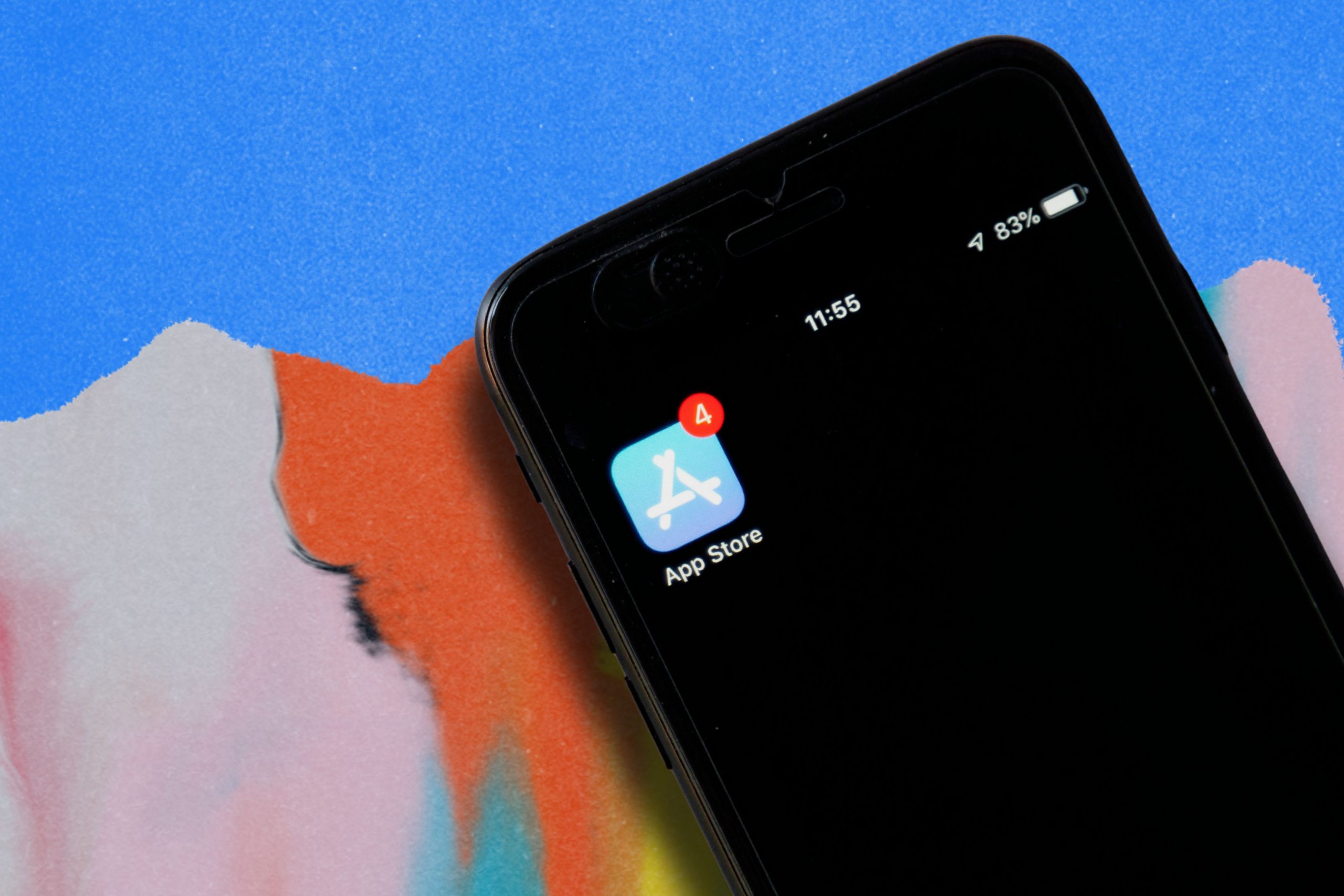Mobile games are the gaming industry’s most lucrative niche, an Xsolla study confirms. The Xsolla Report shows sector revenue is projected to reach $150 billion. But as child safety concerns, platform privacy worries, and massive monetization lawsuits continue to make headlines, many countries are cracking down on player protections. The United States lead global mobile downloads in 2024 with $52 billion, but will landmark litigation and corporations’ resulting changes be enough to retain revenue AND player loyalty? Xsolla’s report unpacks regional regulation changes and how iOS and Android-using mobile gamers can expect to see them in action moving forward.
Global Mobile Game Regulations

“2025 is shaping up to be a landmark year for mobile gaming regulation,” Xsolla’s report explains. “Across key markets, governments are stepping in to reshape how games generate revenue, particualrly regarding children, payments, and platform dominance.” The Xsolla Report breaks it down by country:
United States
Regarding mobile game companies’ experience in the States, Xsolla’s study says regulatory pressures “are both legal and financial. The FTC updated COPPA to expand what counts children’s data and tighten parental consent rules.” As part of a recent injunction in Epic Games’ colossal lawsuit against Apple, courts ruled the latter could not engage in “anti-steering,” the act of preventing app developers from directing iOS users outside the Apple sphere for more app content. Apple’s anti-steering policies kept iOS users tethered to Apple platforms, shutting down potential revenue and engagement opportunities for developers, digital storefronts, and third-party payment companies.
Epic Games v. Apple, a legal battle that first kicked off back in 2020, began after Apple pulled Epic Games’ Fornite from its App Store. Apple said the game implemented an update that allowed users to skirt its in-app purchase portal. “Developers can now legally directly link to alternative payment options inside iOS apps for U.S. users, impacting Apple’s cut of mobile game revenue,” Xsolla’s report explains. Geez, does Apple get a cut or something? You’d be right. Each time users utilize the Apple App Store’s first-party sales system, the brand secures a 27% commission.
Europe
“The EU’s updated CPC Network Guidelines now demand transparent, honest pricing for virtual currencies, enforce refund rights, and ban manipulative design, especially anything that pressures players, particularly minors, to overspend.” As popular microtransaction-laden games like Roblox command the attention of young gamers, parents as well as legal and digital safety experts have expressed growing concerns. Not only do frivolous in-game buys like cosmetics and weapons add up over time, but more problematic models like loot boxes can lead to increased problem gambling among young users.
“The Digital Markets Act (DMA), already in effect, forces dominant app platforms like Apple and Google to open the gates. That means developers can now use alternative app stores, integrate non-native payment systems, and access deeper data insights from the platforms,” the latter of which can give mobile game studios a better understanding of app performance, user engagement, storefront sales figures, and visibility. “These tools could shift the power dynamic back in favor of developers,” Xsolla adds.
United Kingdom
If you explore app reviews before downloading, you’re not alone. In the U.S., sifting through real players’ app feedback was once a reliable way to inform users’ downloads. Nowadays, though, worthwhile reviews for just about anything are overwhelmed by paid-for positive reviews, spammy bot posts, and, at times, suspicious links. “Under the DMCCA, the UK can now fine companies up to 10% of their global revenue for violating consumer rights,” the report states. “The UK expects developers to show full prices upfront, stop using fake reviews, and build clean opt-in/opt-out flows for subscriptions.”
“The Gambling Commission has also extended slot machine-style protections to other online games, banning autoplay, fast spins, and misleading win notifications.” While the removal of in-app features may be frustrating to some players, the move helps protect unsuspecting users from companies’ attempts to lure players into playing — and spending — more than they bargained for.
What now?
“The focus in 2025 is on transparent, compliant design and flexible monetization,” Xsolla states. “The era of platform lockdowns and unchecked manipulation is coming to an end. The global message is clear: build fair or be fined.” Whether you’re playing puzzles, RPGs, or sports titles, mobile gamers in the U.S. — nearly one-fourth (23%) of the global gaming market — must continue to hold billion-dollar brands accountable for users’ safety. Likewise, endless growth-pursuing entities must remember that, without customers, a storefront isn’t a store — it’s a museum.
Follow us on MSN for more content you love.



